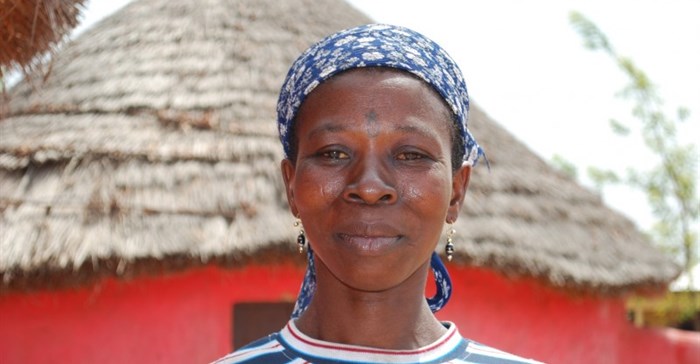
Related





Goss’s Wilt and Leaf Blight: A new threat to South African maize production
Dr. Rikus Kloppers 19 Mar 2025
Top stories






More news
















Logistics & Transport
Uganda plans new rail link to Tanzania for mineral export boost










“With Root Capital we will help to bring much-needed financing and capacity building to businesses in West Africa that work with farmers otherwise excluded from the formal economy,” said Ann Miles, director of Financial Inclusion and Youth Livelihoods at The MasterCard Foundation. “We see this as a good avenue to help increase incomes and opportunities for 4,000 employees of agricultural businesses, 300,000 smallholder farmers, and over two million farm family members.”
Without access to predictable markets for their crops, small-scale rural farmers are often forced to accept lower prices for their crops and find themselves trapped in a cycle of poverty. While the global credit supply for smallholders has grown in recent years, it is geographically skewed with less than 10 percent of financial flows reaching Sub-Saharan Africa.
Over the seven years that Root Capital has worked in West Africa, it has provided loans of between $50,000 and $2 million to 52 agricultural businesses that have raised incomes for nearly 12,000 employees and over 190,000 smallholder farmers. Root Capital has also scaled its advisory programme in the region, offering agricultural business leaders a suite of training modules to develop the leadership and financial management skills they need to grow and sustain their businesses.
“With the support of The MasterCard Foundation, Root Capital will be able to increasingly target earlier-stage businesses in West Africa that operate on the fringes of financial inclusion – businesses that demonstrate potential to grow and generate increased impact,” said Diaka Sall, Root Capital’s general manager for West Africa.
1. Accelerate the bankability and growth of more than 100 high-impact, early-stage agricultural businesses with capital needs under $150,000 and/or business revenues under $300,000
2. Pilot an expanded set of advisory services, including leadership development of agribusiness employees, financial literacy training for smallholder farmers, mobile technology, and mobile money, and empowering local microfinance institutions to better serve the agricultural sector
3. Contribute to sector learning by developing a framework for documenting and analysing the costs and impacts associated with early business growth in the agricultural sector.
This initiative will help address the urgent need of early-stage West African agribusinesses for capital and capacity building. With an estimated 48 million smallholder farmers in Sub-Saharan Africa, however, who remain disconnected from such businesses and the stable sources of income they offer, a great deal of work remains to be done.